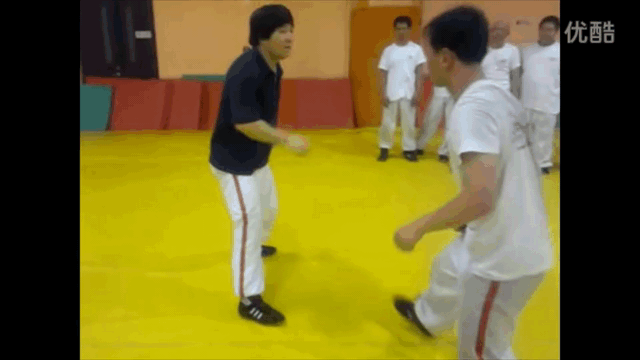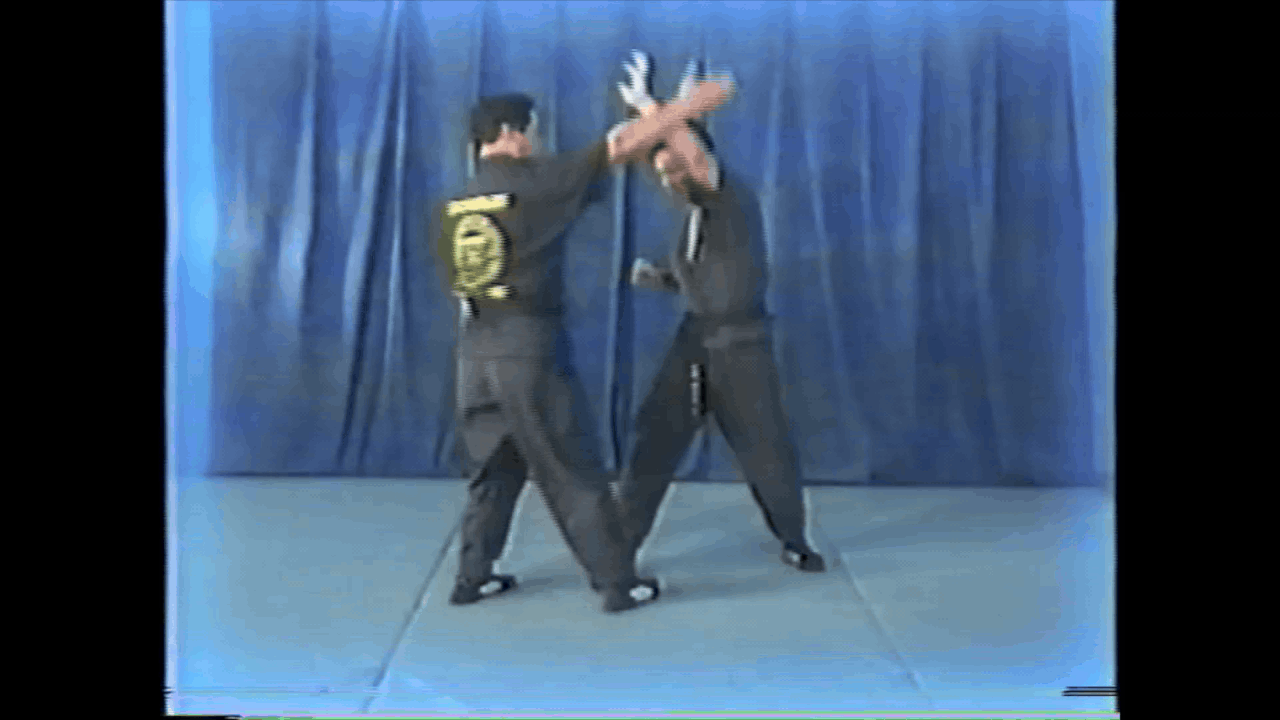Wing Woo Gar
Senior Master
Fair enough, we don’t really know what this guy was doing or why. I am a rank beginner in BJJ but I expect the instructor to give me a specific thing to work on and not just let two beginners go at it until they figure it out. This may be my biggest gripe because I don’t want to be injured during training over some nonsense. I have better ways to waste time. I’m not really learning much as a beginner if I’m just trying to protect myself from some guys ego driven urge to “win”. If it’s a match or a fight, that’s fine, but I don’t go to class for competition sake, I go to learn.There is a very good chance the no-stripe white belt literally does not know better at this point in his training. He is not playing a stupid game, he is trying to get a submission, without knowing how to do so.


